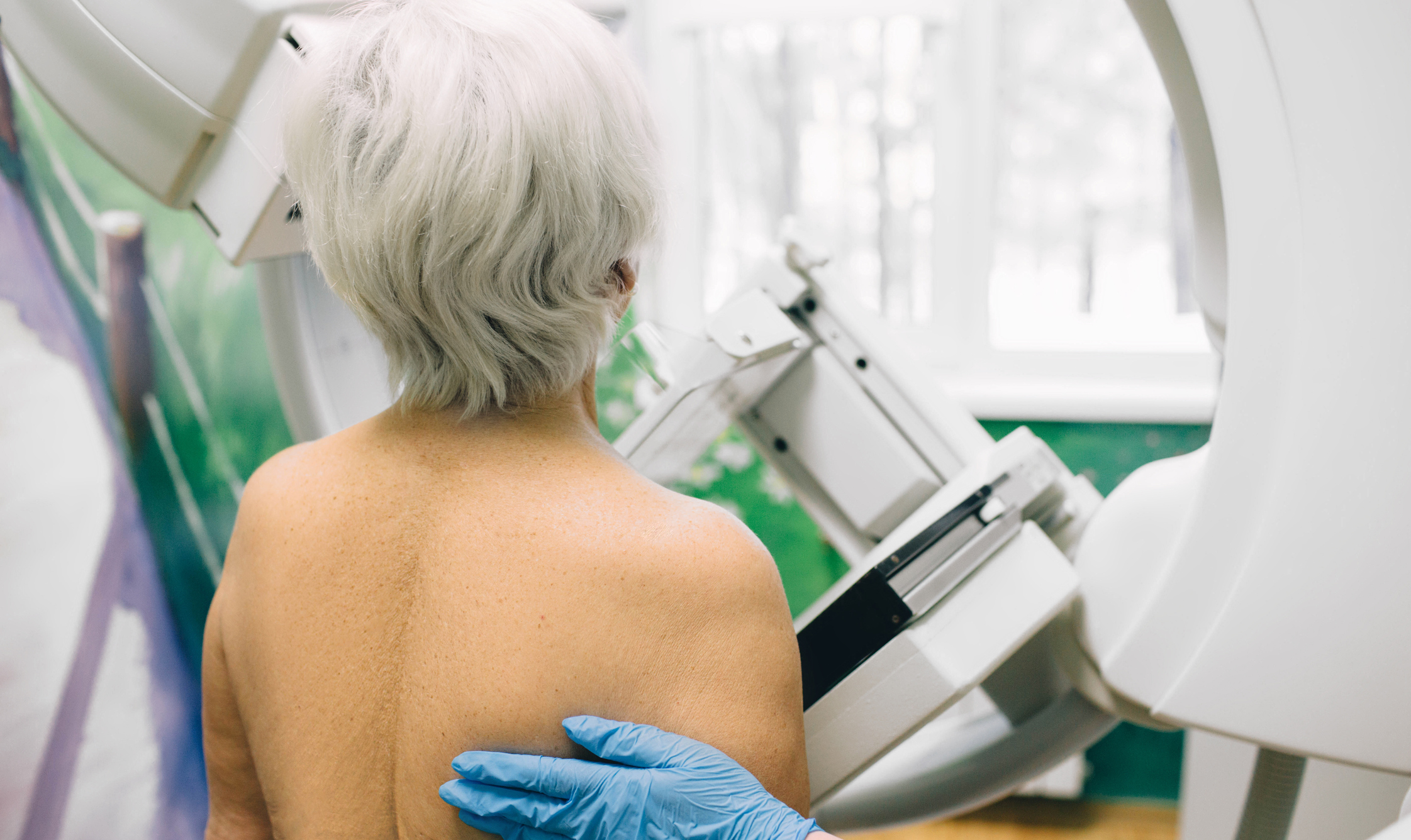Hearts and heart health pop to mind this month but February is also National Cancer Prevention Month. While so much of our attention has been focused on avoiding COVID-19 infection, healthy habits and regular screenings may have lapsed. But because research shows that more than 40 percent of all diagnosed cancers and nearly half of all cancer deaths in the United States are potentially preventable, it’s important to take action and stay informed.
According to Johns Hopkins Bloomberg School of Public Health, a significant proportion of cancers can be avoided, including all cancers caused by tobacco use. Other unhealthy behaviors like poor diet, lack of physical activity, and obesity can also contribute to a greater risk for developing some cancers. Many of the more than 5 million skin cancers diagnosed each year in the U.S. could be prevented by protecting the skin from excessive sun exposure and avoiding indoor tanning beds.
In addition to stopping smoking and protecting skin from harmful UV rays, maintaining a healthy weight, getting regular exercise, limiting alcohol consumption, and eating a healthy diet are also associated with a reduced risk for developing certain cancers. Recent clinical trials have found that weight loss between early adulthood and midlife among people who were obese is linked to a 50 percent reduction in the risk of an early death. Many of the same healthy habits that can help prevent some cancers, may also control or prevent chronic health conditions including type 2 diabetes and heart disease that are common among older adults.
Early detection is another pillar of cancer prevention. Although the pandemic has led to longer wait times for medical appointments, it’s important to schedule regular health screenings and seek out care for any new or unusual symptoms, masses, or skin growths. Follow this link to the American Cancer Society website to learn more about the guidelines for the early detection of cancer and cancer screening guidelines by age. In Canada, this link will take you to information about finding cancer early.






Add Your Voice
0 Comments
Join the Discussion